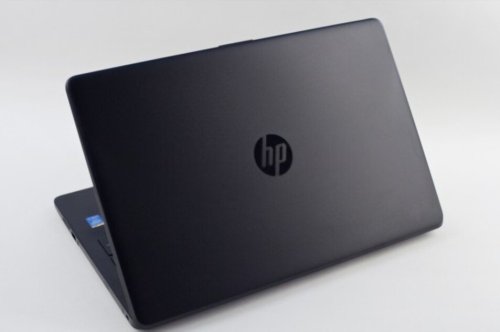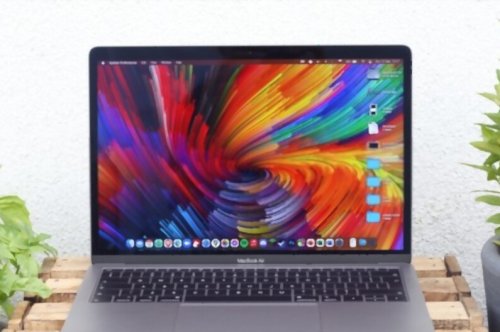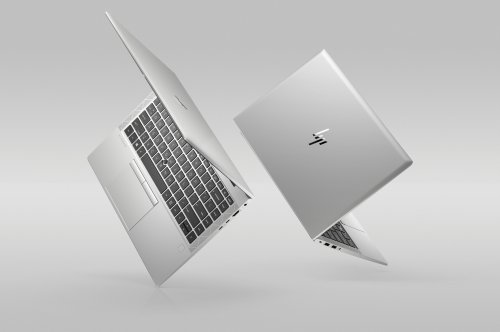Artificial Intelligence Integration in Laptops: How AI is Enhancing User Experience

In today's rapidly evolving technological landscape, artificial intelligence (AI) has become more than just a buzzword, it's a transformative force driving innovation across various industries. One area where AI is making significant strides is in the integration of laptops, fundamentally changing how users interact with their devices and enhancing their overall experience. In this blog post, we'll delve into the ways AI is revolutionizing laptops and explore the myriad benefits it brings to users.
Understanding AI Integration in Laptops
AI integration in laptops involves the incorporation of machine learning algorithms and neural networks into the device's hardware and software systems. These intelligent systems enable laptops to analyze data, recognize patterns, and make decisions autonomously, mimicking human cognitive functions to some extent.
One of the key components of AI integration in laptops is natural language processing (NLP), which allows the device to understand and respond to user commands and queries more intuitively. Additionally, AI-powered features such as speech recognition, image processing, and predictive text input further enhance the user experience by simplifying tasks and reducing the need for manual input.
Enhancements to User Experience
-
Personalized Recommendations and Assistance
AI-driven laptops can provide personalized recommendations and assistance based on the user's preferences, behavior, and usage patterns. For example, AI algorithms can analyze users' browsing history, application usage, and interactions to offer tailored suggestions for content, apps, and settings. This level of personalization enhances productivity and streamlines the user's workflow by anticipating their needs and proactively providing relevant information and resources.
-
Intelligent Performance Optimization
AI integration enables laptops to adjust performance settings based on the user's workload and usage patterns, optimizing power consumption and system resources for maximum efficiency. For instance, AI algorithms can prioritize CPU and GPU allocation for resource-intensive tasks such as gaming or video editing, ensuring smooth performance without compromising battery life or thermal management.
-
Context-Aware Computing
AI-powered laptops are capable of context-aware computing, where they can intelligently adapt to different usage scenarios and environmental conditions. For example, the device can automatically adjust display brightness and color temperature based on ambient lighting conditions, optimize power-saving features when the battery is low, or switch between different user profiles depending on who is using the laptop.
-
Enhanced Security and Privacy
AI integration enhances laptops' security and privacy features by employing advanced threat detection and mitigation techniques. AI algorithms can analyze network traffic, system logs, and user behavior to identify suspicious activities and potential security breaches in real time. Additionally, AI-powered biometric authentication methods such as facial recognition and fingerprint scanning offer an added layer of security to protect sensitive data and prevent unauthorized access to the device.
Future Outlook and Challenges
While AI integration in laptops has undoubtedly transformed the user experience, it also presents several challenges and considerations. One of the primary concerns is data privacy and security, as AI algorithms rely on vast amounts of user data to operate effectively. Manufacturers must prioritize robust data protection measures and transparency regarding data usage to address privacy concerns and build trust with users.
Furthermore, ensuring compatibility and seamless integration across different hardware configurations and software ecosystems remains a significant challenge for AI-driven features in laptops. Manufacturers must collaborate closely with software developers and third-party vendors to standardize AI frameworks and APIs, enabling interoperability and scalability across diverse computing platforms.
Despite these challenges, the continued advancement of AI technology holds tremendous potential for further enhancing the user experience and unlocking new capabilities in laptops. As AI algorithms become more sophisticated and pervasive, we can expect to see even greater integration and innovation in future generations of laptops, empowering users with smarter, more intuitive, and more efficient computing experiences.
In conclusion, artificial intelligence integration in laptops represents a paradigm shift in how users interact with their devices, offering personalized assistance, intelligent performance optimization, context-aware computing, and enhanced security and privacy features. While challenges remain, the transformative impact of AI on laptops is undeniable, heralding a new era of innovation and possibility in the world of computing.







